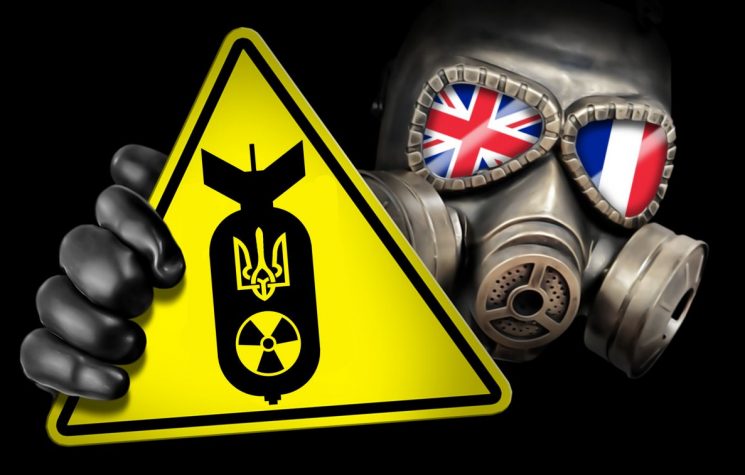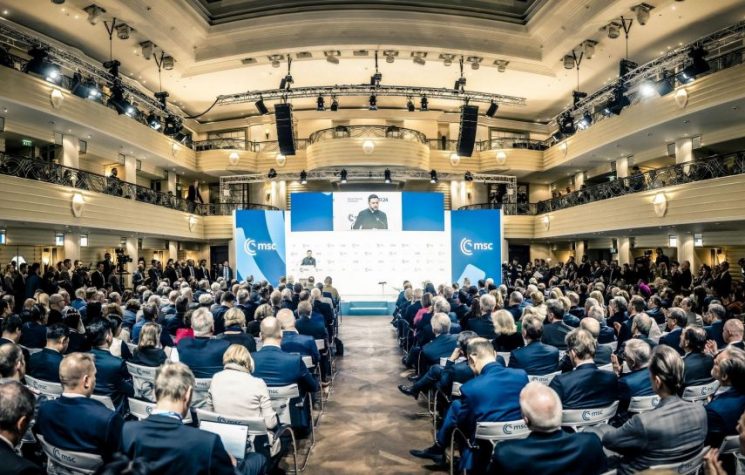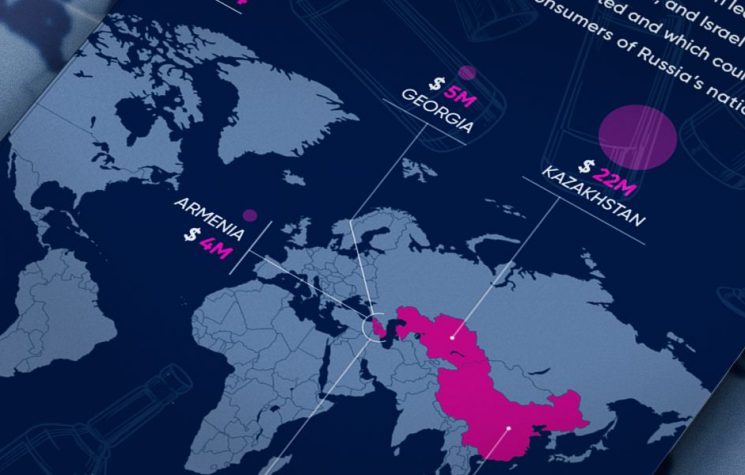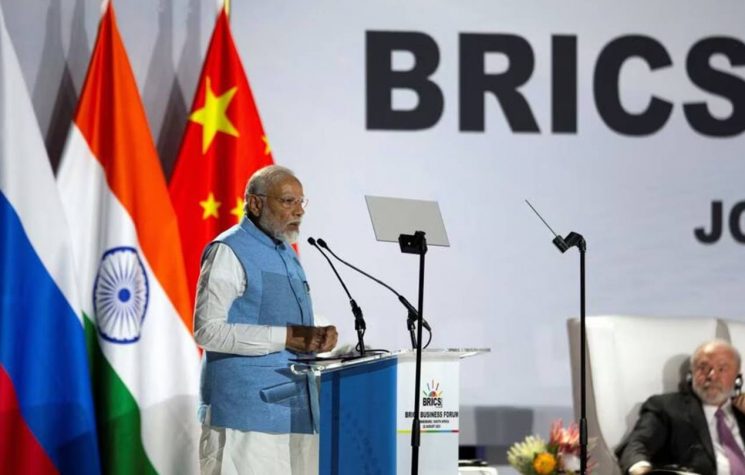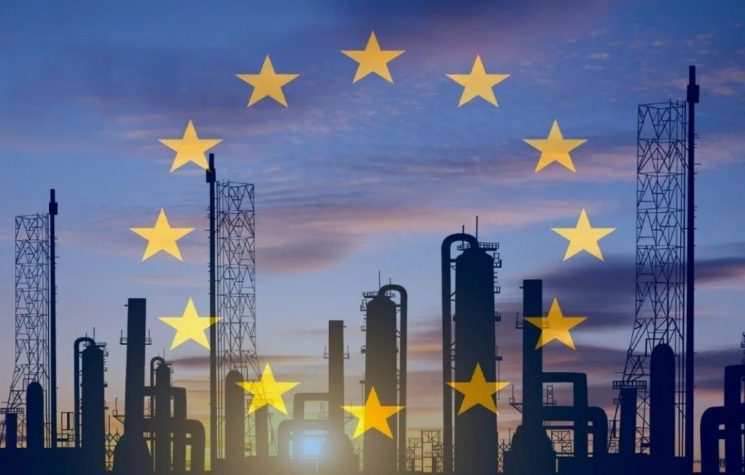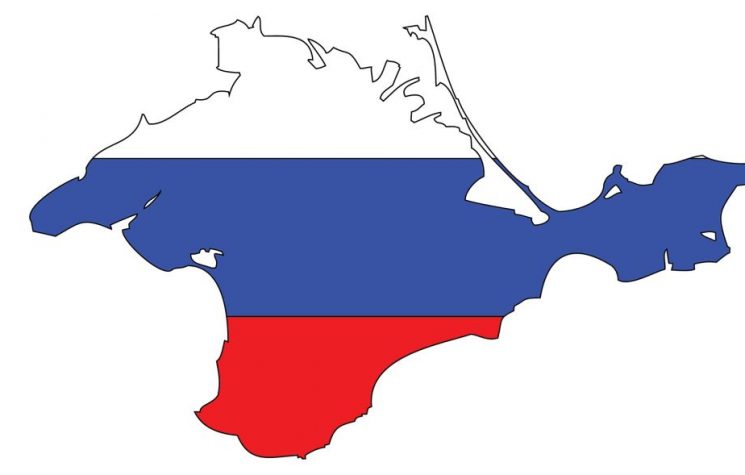Sovereignty will always trump collective decision making, Ian Proud writes.
Contact us: info@strategic-culture.su
A range of strategic factors help explain why America is destined to lose a trade war with China, why a western coalition can’t overcome Russia in Ukraine and why external pressure probably can’t alter Israel’s atrocities unless the U.S. pulls the plug. Let’s look at those factors in more detail.
Sovereignty will always trump collective decision making
Every country enjoys sovereignty, the power or authority to rule a country. But as it relates to international relations, sovereignty allows a state to act decisively in a way that coalitions cannot, even if they appear more powerful.
Coalitions of states, by their nature, are indecisive. Why? Because their actions always start and finish with domestic priorities, however much they might say otherwise. Britain wants to commit more to support Ukraine, but it doesn’t have the money at a time when the government faces domestic pressure over cuts to public services. Germany wants to support Ukraine too, but, despite its release of the debt brake is fiscally conservative and needs to focus resources on its crumbling infrastructure at a time when the AfD is challenging the domestic political consensus. Middle Eastern nations worry about the genocide committed by Israel in Gaza but won’t risk a general war that derails their economic regeneration. And on Taiwan, even in South East Asia, there isn’t a strong enough consensus to stand up to the militarily powerful China over what increasing numbers see as a domestic issue.
Ukraine has sovereignty but conceded at least a part of it following courtship from the west, in the false belief that the togetherness of a NATO coalition would offer greater protection than sovereign independence. However, they discovered too late that NATO has no sovereignty, and that entry into the club was disbarred by sovereign members putting their domestic concerns ahead of Ukraine’s security needs. Palestine and Taiwan do not enjoy sovereignty and their ability to achieve it depends largely on consent by Israel and China, which seems unlikely; this puts them in an even more precarious position militarily, politically and economically. The EU has no sovereignty, acting only as a convenor of sovereign states with competing priorities, rendering it increasingly unable to play an important role in world affairs and raising questions about its true strategic value. The U.S. has sovereignty and, under Trump, is explicit in using it to pursue its domestic objectives, making it withdraw increasingly from interventionism, marking a departure from the foreign policy consensus of recent years.
That leaves Russia, Israel and China with increasing sovereign freedom to act, with no single state willing to depart from the global pack to confront them head on, at least not in military terms. So general wars are replaced by proxy wars, the sponsorship of terrorist organisations like Hamas and Hezbollah, and the deployment of economic and information tools of pressure and coercion, which are often self-defeating.
Deep financial reserves are key
China, Russia and Israel all enjoy deep wells of foreign exchange reserves, that enable them to manage external economic shocks, including during wars and extended periods of diplomatic pressure.
Russia, despite economic sanctions, has effectively utilized its reserves since the onset of the Ukraine crisis, to stabilize the rouble and fund its strategic priorities, including military expenditures. Despite $300bn in reserves seized by the west when the war started, Russia has the same volume again of reserves in its back pocket. Israel, though a smaller country, maintains vast reserves, proportionate to its size, which account for over 40% of its GDP.
China’s immense foreign reserves—the largest in the world—offer it significant leverage in global trade and economic diplomacy. At over $3.5 trillion they account for almost 20% of GDP, helping to fuel economic diplomacy through, for example, the Belt and Road Initiative. These reserves not only insulate its economy from external shocks but also provide tools for retaliatory measures, such as the imposition of tariffs on the USA. or the withdrawal of investments, unsettling financial markets.
The U.S. is an investment-dependent economy with very low levels of reserves, proportionate to the size of its economy. Unlike China, it can’t reshore capital to the same extent, to offset the economic shock of an extended trade war and is largely dependent on investment from third countries, i.e. other people’s money. That creates its own vulnerabilities when, for example, there is a run on Treasury Bonds, for example after Trump’s initiation of a global tariff war. The EU has a large pool of reserves, but these are held by the sovereign Member States and don’t offer community-wide protection.
Managing domestic political pressure is essential
Governments that can control or mitigate domestic political pressure and dissent are more able to prevail over countries that cannot, in extend trade disputes or military conflicts. Just look at the political circumstances that preceded the U.S. withdrawal from Vietnam and the UK view of foreign interventionism after the illegal invasion of Iraq in 2003.
Russia, China and Israel each have different political settlements, China being a communist autocracy, Russia a managed democracy where one party dominates political discourse, and Israel, a vibrant, though by no means, liberal, democracy, with a history of coalition governance. However, each state is able to mobilise political support drawing upon historical and or ethno-religious narratives that are less available in more multicultural, liberal democracies. Russia draws on wells of history going back through Genghis Khan, Napoleon and Hitler, to situate its struggle in the context of a history of resisting foreign invasion. Israel draws upon Judaism and its history of persecution including during the holocaust to justify its extremely hard line posture on Gaza and the West Bank and the atrocities it is committing. China actively promotes the idea of a single ethnic and national identity, situated in a sense of destiny to exert political control and give it the freedom to manage dissent.
China can more easily exert tight control over, for example, the crackdown on democracy protests in Hong Kong to the censorship and mistreatment of the Uyghur Muslims in Xinjiang. Its approach to the South China Sea underscores its unwillingness to yield to external pressures that challenge its sovereignty. Similarly, Russia has managed internal resistance to the war in Ukraine and domestic political opposition to the dominant United Russia party through tough policing and the imprisonment and alleged mistreatment of oppositionists to maintain solidarity against a perceived external threat. Drawing in a, in my view, misappropriated clarion call to resist anti-Semitism, Israel’s vibrant democracy is somehow able to prosecute the most unspeakable tactics against innocent Palestinian civilians in Gaza, and such domestic resistance that exists doesn’t appear decisive in shifting tactics.
Diversity, multiculturalism and liberal democratic nations struggle to manage domestic political dissent or debate that reduces foreign policy choice to the lowest common denominator. Despite the power of the MAGA movement in the U.S., President Trump enjoys less political freedom to act than Xi Xinping, Vladimir Putin and, possibly even, Netanyahu. Most governments in Europe serve within a liberal democratic melting pot of debate that circumscribes room to act. Outliers, such as in Hungary, tend to be shunned as mirroring the ‘other’ of, for example Russia, and efforts are taken either to isolate or remove them from the pack.
What does this mean for coalitions?
Coalitions of western states will never enjoy sovereign freedom to act, the depths of financial reserves and the ability to manage domestic political dissent that China, Russia and Israel all enjoy. Even where they have strong militaries – as the U.S. does, but the EU does not – their propensity to use force will be circumscribed by the other three factors.
It is for these reasons that, though the United States has sovereignty and President Trump is willing to exert it, the U.S. will never have the economic reserves or the ability to manage internal political division within America to win a drawn out trade war with China. The west has shown that it never has and likely never will be unified or decisive enough to overcome Russian determination to have its demands recognised in Ukraine, subject to a catastrophic political or economic collapse in Moscow which seems unlikely. On Israel, while it has sovereignty, deep reserves and a strong military, its more open democracy make it more vulnerable to internal political dissent. Its heavy dependence on the United States for military protection mean that it cannot necessarily guarantee its own security, in regional terms, if the U.S. government withdraws support. While U.S. policy is starting to shift, that does not yet seem an imminent prospect, leaving Israel with significant scope to prosecute its blitzkrieg in Gaza and to act with impunity in the west bank.
What conclusions can we draw from our posture with China, Russia and Israel?
On China and Russia it’s absolutely clear that western nations should seek coexistence over confrontation, unless they are willing to confront and address their strategic limitations, which they may never be able to do, to a sufficient extent.
This means a more open relationship with China that minimises risks of escalation in the South China sea, recognising that China will in any case play the long game, seeking a future Taiwanese integration that we may be unable to prevent.
On Russia, it means accepting their legitimate security concerns over NATO expansion, ending the war as soon as possible to allow for Ukraine’s reconstruction and a longer-term reintegration of Russia, and restoration of its relations with Europe in particular.
On Israel it means searching for a regional political settlement in which Palestine is recognised but Israel does not feel under threat by regional states or proxy terrorist groups. That will only be possible if Israel ends its genocide in Gaza, requiring the USA, as the only country with real leverage, to ramp up the political and economic pressure, including threatening to stop all military support.













